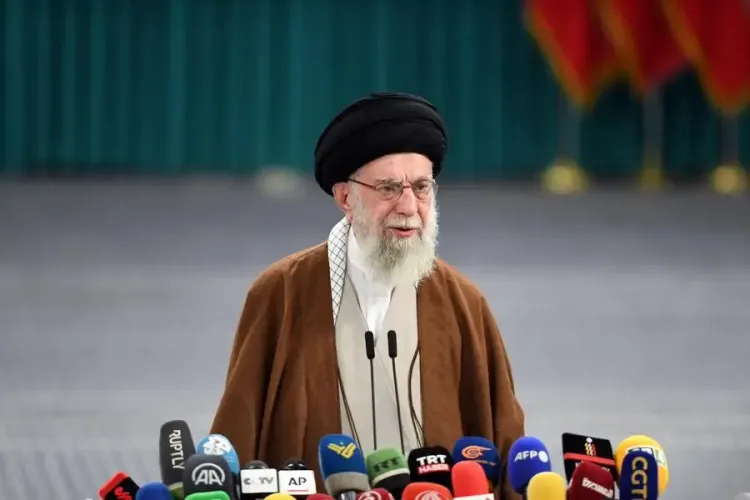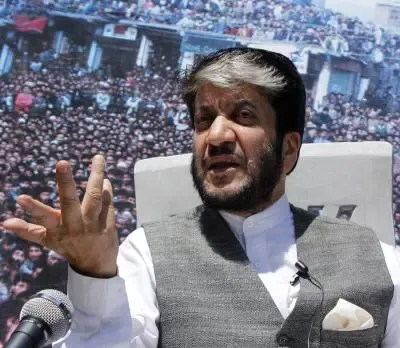Has the Iranian Parliament Decided to Halt Cooperation with the IAEA?

Synopsis
Key Takeaways
- The Iranian Parliament has voted to cease cooperation with the IAEA.
- This decision follows US airstrikes on Iranian nuclear facilities.
- Iran maintains its nuclear program is peaceful.
- The IAEA declared Iran non-compliant for the first time in 18 years.
- Iranian officials demand assurances for the safety of their nuclear sites.
Tehran, June 25 (NationPress) The Iranian Parliament has officially passed a bill that halts collaboration with the UN's nuclear regulatory body, the International Atomic Energy Agency (IAEA). This significant decision comes in response to recent US military actions targeting three Iranian nuclear sites, referred to as 'Operation Midnight Hammer', which includes locations in Esfahan, Fordow, and Natanz, according to reports from Iran's semi-official Mehr News Agency.
During an open session, the members of Parliament reached an agreement on a blueprint aimed at ceasing cooperation with the IAEA. Out of 223 lawmakers present, an overwhelming majority of 221 voted in favor, while one opposed and another abstained.
Iran maintains that it has every right to defend its sovereignty, interests, and citizens. The Atomic Energy Organisation of Iran (AEOI) asserted that the recent attack violated the Nuclear Non-Proliferation Treaty (NPT) and will not deter Iran from pursuing its 'peaceful' nuclear ambitions.
Previously, the Speaker of the Iranian Parliament, Mohammad Bagher Ghalibaf, condemned the UN nuclear agency for its failure to denounce the strikes on Iranian nuclear sites, arguing that the IAEA has lost its 'international credibility'. He stated that the AEOI would suspend its collaboration with the IAEA until guarantees regarding the safety of Iranian nuclear facilities are provided.
Ghalibaf emphasized, 'Iran's peaceful nuclear program will advance more rapidly.' On June 13, Israeli airstrikes targeted various sites within Iran, including nuclear and military facilities, followed by US airstrikes on Fordow, Natanz, and Esfahan.
This escalation aligns with a recent resolution from the IAEA's Board of Governors, which declared Iran non-compliant with its nuclear obligations for the first time since 2005. This decision came after an IAEA report indicated that Tehran has not satisfactorily addressed the presence of nuclear material found at three undisclosed locations.










